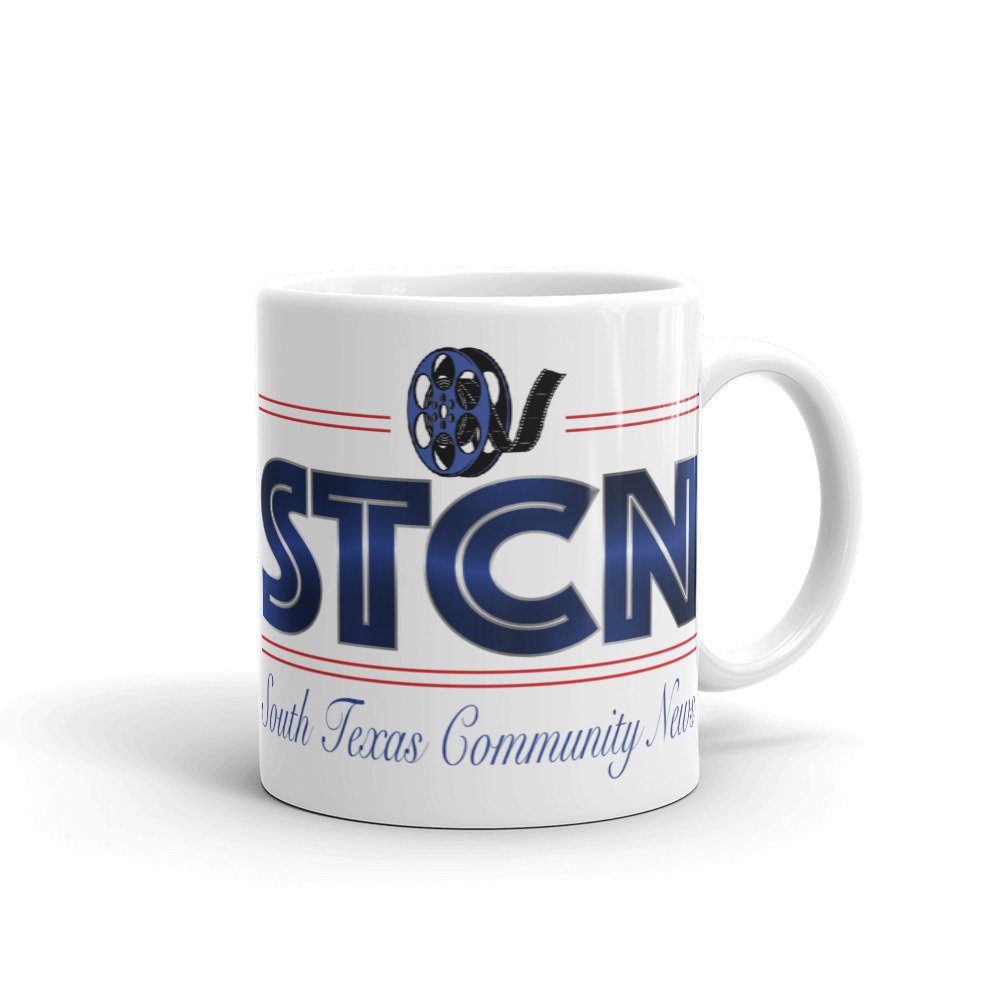Dr. Haeyoung Kim Receives Grant to Look at Alzheimer
Texas A&M University Kingsville
KINGSVILLE (News Release) - Dr. Haeyoung Kim, associate professor in the biological and health sciences department at Texas A&M University-Kingsville, recently received a grant for over a half million dollars from the National Institute of Health to determine ways the neuronal DNA in the brain can repair itself to avoid age-related neurological disease like Alzheimer’s. The four-year grant will provide $138,000 per year.
Kim said that although neurons are good at maintaining the integrity of their DNAs, people still lose a significant number of neurons as they get older. “This can lead to reduced cognitive function such as loss of memory even in healthy, elderly people. Alzheimer’s and many other age-related neurological problems are linked with excessive neuronal loss.
Dr. Haeyoung Kim, associate professor in the biological and health sciences department at Texas A&M University-Kingsville.
“For other cell types in our body, it is a different story, but I think they are evolved to be replaced constantly because it is safer for our body. Some neurons can be replaced in some areas of our brain, but the majority of them are not,” he said.
“In this project, we embark on an exploration to understand how human neurons cope with various forms of DNA damage,” Kim said. “To do this, we leverage two cutting-edge biomedical technologies as our primary tools.
“First, we harness the potential of human neurons derived from artificial stem cells that are nearly indistinguishable from embryonic stem cells. Lab-grown stem cells allow us to generate an almost inexhaustible supply of neurons for various tests. We also can produce other types of cells present in the body and compare their repair capabilities with that of neurons,” he said.
“Second, we take advantage of CRISPR/Cas9 genome editing technology that allows us to manipulate the chromosomal DNA within living cells. We can investigate the rolls of specific genes within living cells,” Kim said.
By using these state-of-the-art methodologies, Kim’s objectives are twofold. “We want to identify the genes responsible for the meticulous repair of DNA damage and to discern whether there exists distinct repair mechanisms specific to neurons when compared to other cell types.”
“We anticipate that the successful culmination of this project will serve as a catalyst for the development of innovative therapeutic strategies for a spectrum of age-related human ailments, including, but not limited to Alzheimer’s and Parkinson’s diseases,” Kim said.
Both undergraduate and graduate students will be working with Kim on this project. Some students will be hired as research associates so they can focus on their research. More student research opportunities will be available as the project expands.
Kim collaborates with Dr. Chang K. Sung, professor in the biological and health sciences department. Sung has expertise in cancer research.



